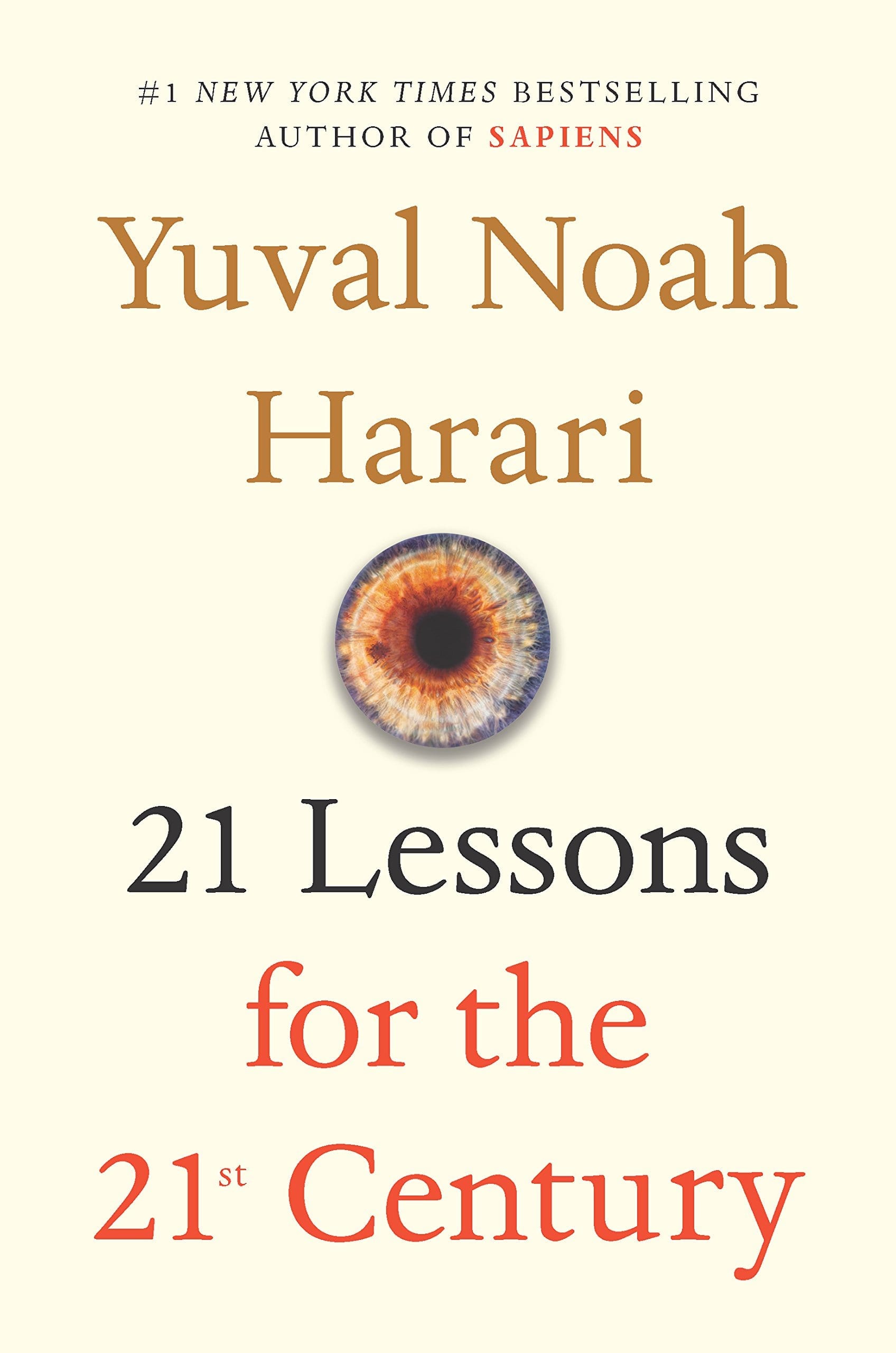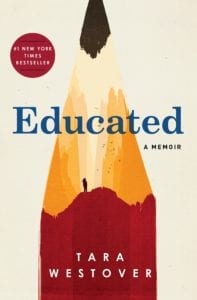21 Lessons for the 21st Century
Reason Book was Chosen:
Homo Deus was one of the most important books I read in 2018. This is Harari's latest book and I'm hoping it is as good as Home Deus.My Thoughts
I read this book at the same time that I was attending a conference about Ethical AI. The two combined very well. I randomize the order of my reading list each year, so it was interesting that I read this book while attending the conference.
This is my second book by Harari. I read Homo Deus last year. It was one of the most important books I read last year. 21 Lessons is similar in a lot of ways – Harari has the ability to amaze and enrage. I’m never exactly sure when he’s sharing his thoughts and when he’s sharing where our collective thoughts will lead. I guess every book should do a little bit of amazing and enraging, right?
This book is about the present (Homo Deus about the future and Sapiens about the past). Here are some of the lessons that stuck out to me:
- Speciation – Harari thinks a new species of person is on the way. The superrich will have access to new ways to distinguish themselves. We’re not talking yachts and islands but genetic mutations. Perhaps a different hair color for their kids. Perhaps the removal of problematic genes that cause diabetes. Perhaps the addition of genes that allow for greater intelligence or stamina. The point is, wealth may allow for unique advantages going into the future that may genetically distinguish people further into a different species.
- In the past, the wealthy needed others for labor. They might be paid or cruelly exploited, but they were nonetheless needed. The new class of wealthy may not need the working class at all. You don’t like your wage? I’ll replace you with a robot. The lower classes may move from exploited to irrelevant. That is a major shift with important policy implications.
- Liberal democracies may not be able to offer viable solutions for this mass employment. What will take its place? Whatever takes over must contain a narrative for both biotech and infotech.
- The first people to lose their jobs to AI will be oftentimes be white collar workers. Doctors will lost their jobs before nurses. This is important. Outsourcing and automation hit blue collar the hardest. This next wave will take out jobs where people took out a ton of student debt. AI can simply do most jobs better than humans and with fewer errors. Are we ready for that?
One area that I disagreed with Harari was in his section about stories and religion. He makes the claim that “Any story is wrong, simply for being a story.” What? He spent most of the book discussing the importance of stories and narratives, but when it comes to religion, any story is wrong.
One thing that pops up over and over in this reading project is how stories oftentimes contain more truth than nonfiction. They reach a deeper level. If stories in religious texts have reached us from 5,000 years ago, there is probably something there. Probably something deeper than story – something that hits deeper into the human soul. But Harari got rid of the soul in Homo Deus (within two pages, something that bothered me about that book), so if there is no soul, maybe we don’t have stories that hit us there.
Overall, this is an important book for our time. Harari may infuriate you, but he’ll make you think, and that is the true measure of a book. These are the topics in the news right now and these are the ideas we’ll be grappling with over the next 20 – 30 years.



